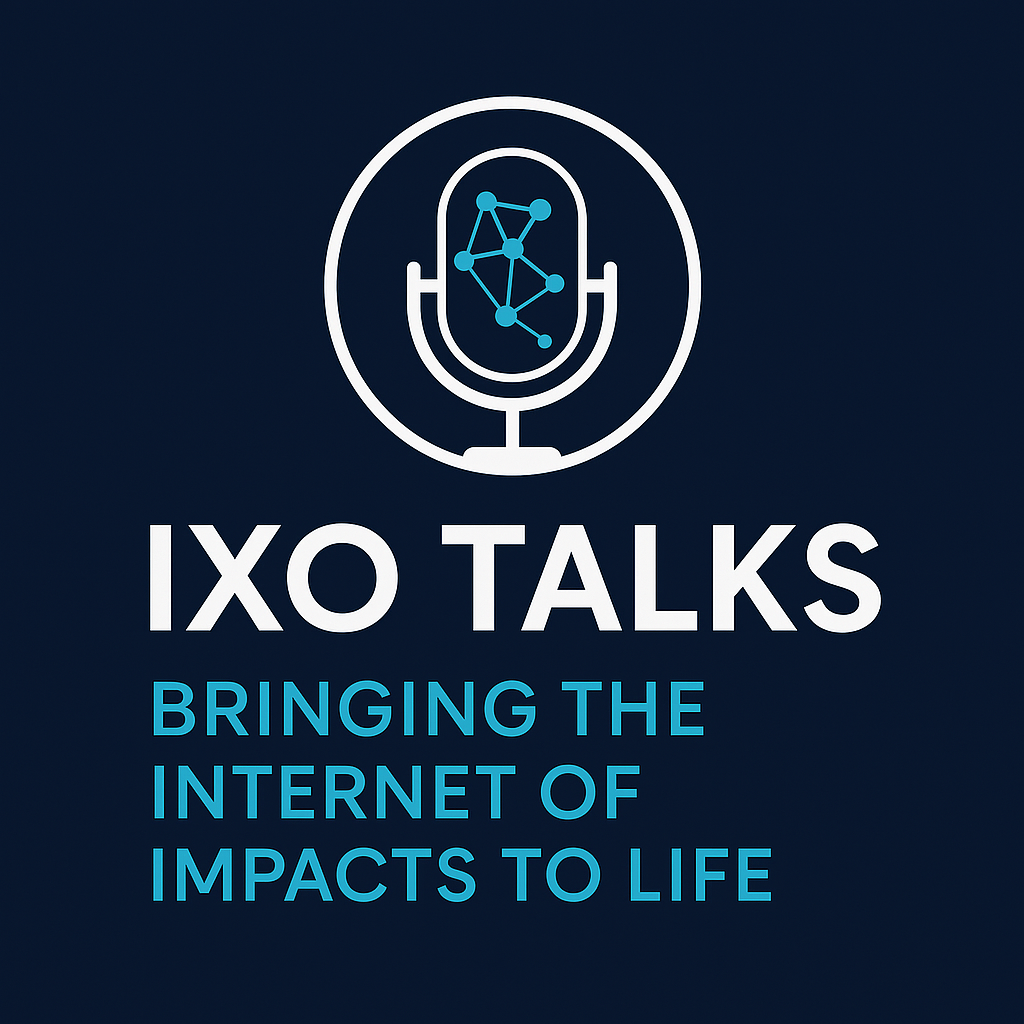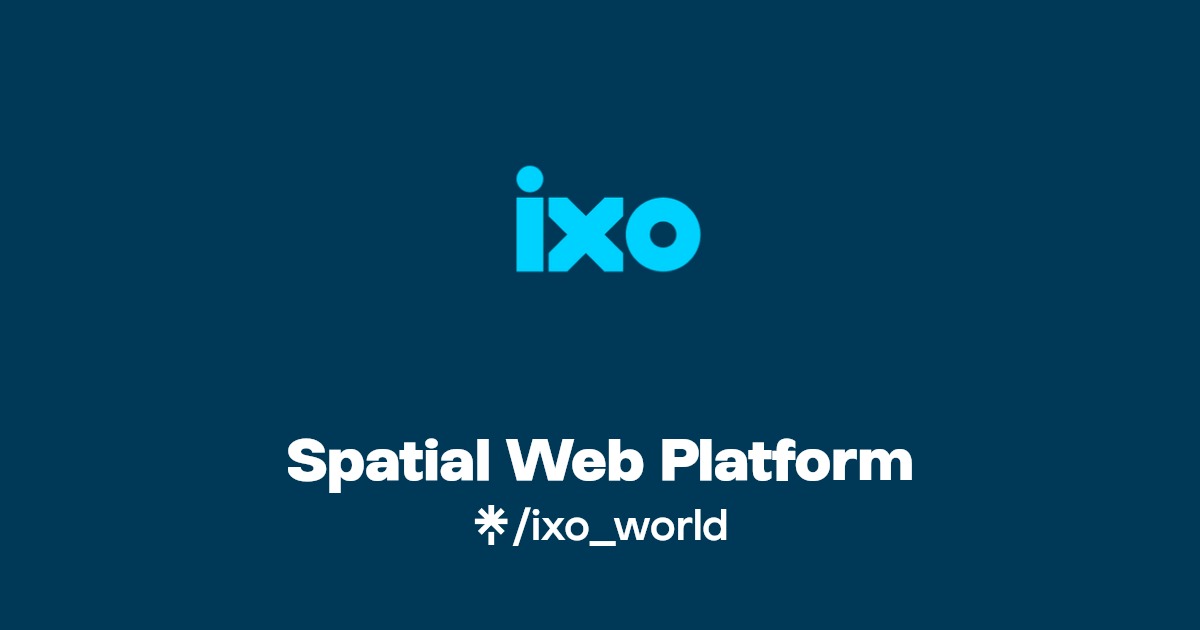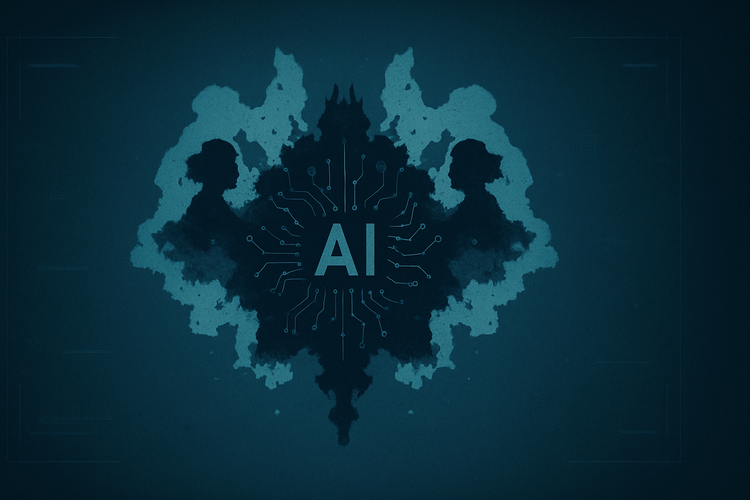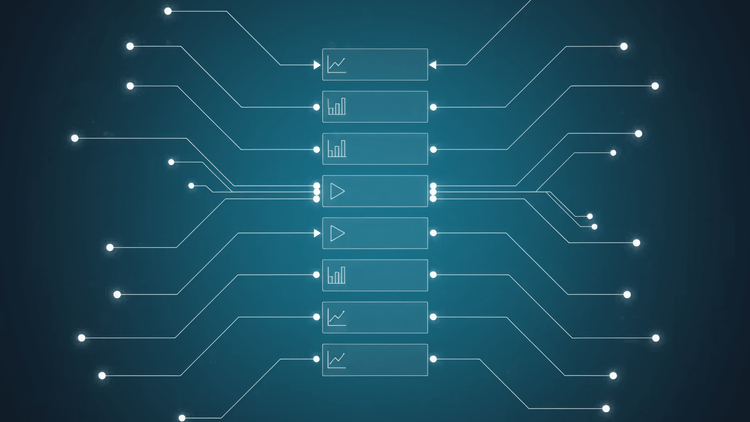
In our previous article, we introduced PODs as the next generation of intelligent, autonomous organisations, powered by the IXO Spatial Web Stack. Here, we delve deeper into how traditional departments across startups, enterprises, non-profits, and cross-organisational projects can become intelligent PODs, to significantly amplify our capacity to innovate, collaborate, automate, and deliver value.

IXO Protocol Overview
The evolutionary leap
Imagine transforming your legacy departments—often slow, hierarchical, and opaque—into agile, intelligent entities capable of continuously adapting to new opportunities. Imagine teams where humans and artificial intelligence agents collaborate seamlessly, guided by clearly defined, programmatically accessible procedures. This isn’t merely a vision—it’s the tangible future we’re building with Programmable Organisational Domains (PODs).

Redundant legacies
Traditional Organisational structures rely heavily on economies of scale, building large, centralised units to manage complexity. But in a world increasingly mediated by AI and digital ecosystems, such structures become obsolete. Small, agile teams equipped with intelligent, programmable capabilities can now achieve what previously required large divisions. As the experts at Boundaryless have noted, this shift is analogous to the shipping container revolution—which turns out wasn’t simply about automating how containers are handled by machines—it fundamentally reshaped how the world coordinates flows of goods, services, and information, to globally scale flows of value.
Programmable Organisational Domains
With the IXO POD framework, legacy departments can transition from rigid, time-constrained structures into modular, programmable and intelligent operating units—clearly defined and governed through protocols that are encoded as executable protocols and smart contracts. Each department becomes a composable unit, readily accessible and dynamically reconfigurable in response to changing demands or contexts, and information feedback loops. This approach unlocks remarkable flexibility, empowering organisations to rapidly respond to market shifts, global challenges, and emerging opportunities.
In the real world
Consider a traditional corporate procurement department. Transformed into a Procurement POD, it becomes a modular unit with clearly defined interfaces and standardised procedures. AI-powered agents autonomously handle routine procurement tasks, from supplier evaluation to contract execution, freeing human team members to focus on strategic sourcing and relationship-building. Transparent, immutable records ensure accountability and simplify compliance, enhancing trust and efficiency.

IXO Portal: the foundational desktop web application for interacting with the IXO Spatial Web. Set up your own ecosystem of domains to meet the specific needs of your users — from investing in impact assets and participating in decision-making, to managing projects and tasks, and leveraging AI to optimise your workflows: https://portal.ixo.world
Or envision a nonprofit’s Impact Measurement department evolving into an intelligent POD that uses IXO’s intelligent evaluation oracles to autonomously process claims so that project outcomes can be verified and digitally certified in real-time. Impact claims are programmatically evaluated, validated, and rewarded through on-chain automations, significantly reducing administrative overhead and increasing the confidence of funders and beneficiaries alike.
Deep understanding
The transformation to PODs is fundamentally about creating ontological clarity—in how we think about and understand the semantic coherence and explicitness of organisational capabilities and processes. In the IXO framework, every POD is clearly defined in terms of its inputs, outputs, goals, operating procedures, and decision-making protocols. This clarity enables seamless interoperability and recombination of capabilities across and beyond organisational boundaries, enabling organisations to rapidly assemble and reassemble capabilities to match their evolving needs.
Intelligent orchestration
This composability is not just theoretical—it directly translates into competitive advantage. Organisations with clearer ontological definitions of their capabilities can adapt faster, exploiting “ontological arbitrage” by swiftly reconfiguring their resources and capabilities while competitors remain constrained by legacy confusion and rigidities. This is not merely a strategy but an operational imperative. Companies, nonprofits, and startups alike must embed this clarity into their daily operations, turning conceptual coherence into actionable, modular units accessible through standard interfaces. These are driven by intelligent automation mechanisms that are programmed to achieve the organisation’s goals, operating faithfully within a set of policies, with humans in the loop.
New value flows
In the world of PODs, value creation shifts from sheer scale to speed, adaptability, and precise modularisation. Departments no longer derive their value solely from their traditional metrics, but instead from how effectively their capabilities are structured and recombined to respond to market dynamics. This multidimensional understanding of value means PODs can be dynamically evaluated not only economically but also socially and environmentally, enabling sophisticated AI agents to optimise interactions across dozens of performance indicators simultaneously.
Real-world examples are already emerging. Organisations experimenting with blockchain-enabled transparency—such as Nestlé’s supply chain initiatives and community-driven energy microgrids like Brooklyn Microgrid—showcase early forms of intelligent, modular PODs. These examples illustrate the power of clearly defined, composable units capable of autonomous operation, continuous improvement, and rapid adaptability.
Adapt or become obsolete
For Organisational leaders across startups, companies, non-profits, and cross-Organisational projects, the imperative is clear—adapt now or risk obsolescence. Transforming your legacy departments into intelligent PODs is not only about embracing technology; it’s about fundamentally rethinking and clearly defining your organisation’s capabilities, creating the semantic coherence and modularity required to thrive in an AI-mediated, rapidly evolving marketplace.
Protocols in practice
At IXO, we offer the frameworks, tools, and guidance to make this transition achievable. The future belongs to organisations that understand how to harness intelligent, programmable capabilities and structure themselves for radical efficiency and unprecedented adaptability.
Putting protocols in practice—by transforming legacy departments into intelligent PODs—is the pathway to shaping, and leading this frontier of how we organise.
Connect with IXO World










